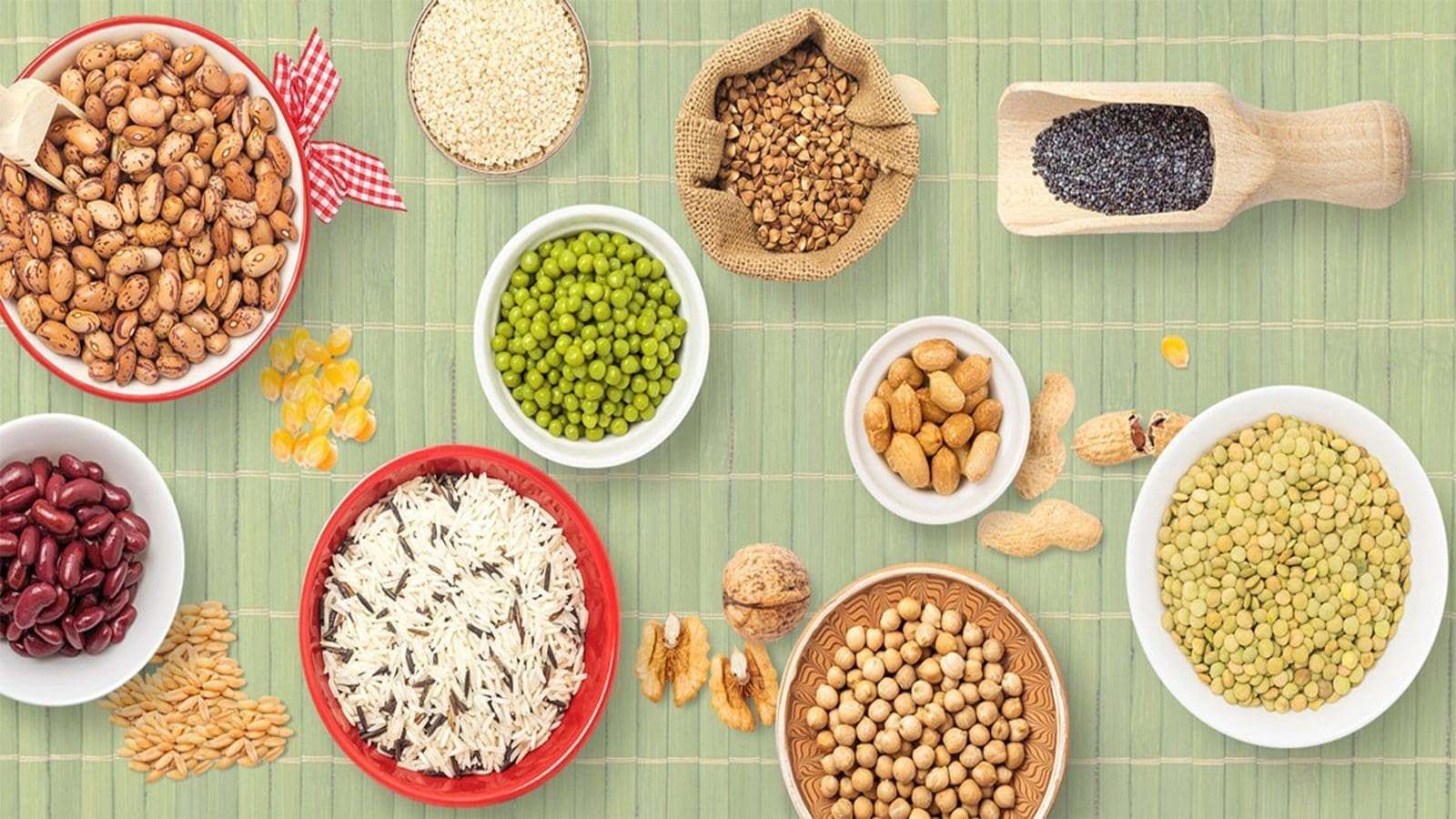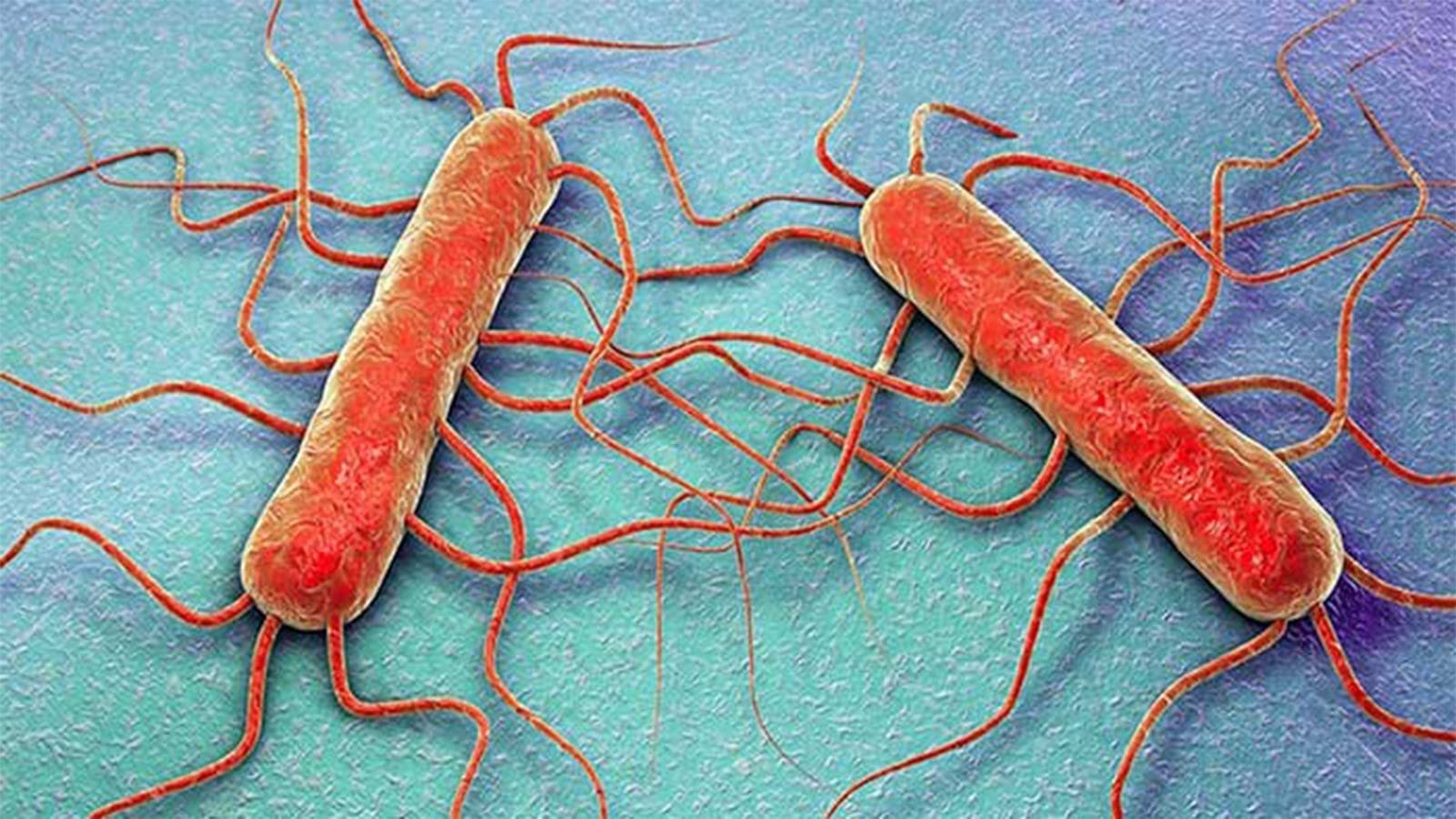KENYA – In partnership with corporate and public sector players, Egerton University has created high-yielding, disease- and drought-resistant crop varieties while also stepping up efforts to train farmers to adopt cutting-edge techniques as a means of adapting to climate change.
Prof. Paul Kimurto, Director of the Agro-Science Park at Egerton University, said that as a result of climate change, pests and illnesses that were before absent or uncommon have become widespread, reducing yields and costing farmers money.
According to him, the University and its partners have made an effort to investigate and provide types that are adaptive to nature’s climatic vagaries in light of the reality of climate change encountered.
“Climate change has become a threat to food security the world over. Its effects include unpredictable rains, leading to decreased yields and increased production costs. Unless we help our farmers embrace climate-smart agriculture, production will continue to dwindle, leading to decreased incomes, job losses, and hunger,” he explained.
Egerton Mbaazi M1, Mbaazi M2, Mbaazi 3, and Mbaazi M4 pigeon pea seeds, 29 new cassava varieties, Tasha, Ciankui, and Chelalang bean varieties, all of which are suitable for warm climates, Nyota and Mwangaza groundnut seeds, are among the high yielding, disease- and drought-resistant varieties released to the market by the institution.
Other varieties include the “EU-SS-11 finger millets (Snapping green)” and the new sorghum types EUS 130, EUS1, EU-SS-10, and EU-SS (Saina ka1).
According to the don, the use of climate-smart agriculture innovations and technology is often limited to large-scale farmers hence knowledge dissemination to small-scale farmers is critical.
He revealed that the groundnut varieties developed by the University are offering farmers 20-25 bags per acre of unshelled nuts if good husbandry is done. They do well in hot, dry areas like Turkana, where farmers normally don’t harvest much.
He stated that if excellent husbandry is practiced, the groundnut varieties created by the University can provide farmers with 20–25 sacks of unshucked nuts per acre. They thrive in hot, dry regions like Turkana, where farmers typically don’t harvest much.
In addition to delivering the seeds, Kimurto said that farmers received training in crop husbandry, which included planting 30 kg rather than 25 kg of groundnuts per acre.
100 farmers in the counties of Nyandarua, Uasin Gishu, and Nakuru were initially given access to the university’s drought-resistant Tasha, Ciankui, and Chelalang beans.
“We are now in the process of transferring the resistance genes of the Tanzanian variety to the locally adapted breeds using molecular marker-assisted techniques. These new varieties will be a gem to farmers once certified for bulking and distribution.”
Professor Richard Mulwa, CVCU Principal Investigator
Tweet
In contrast to other beans, which only deliver roughly half as many beans per pod, Kimurto claims hybrid kinds yield 20 to 30 beans in each pod.
“These varieties also cook faster, thus one saves fuel and time. They also have less gas unlike the typical beans and are enriched with higher levels of zinc and iron,” noted the Director.
Cassava varieties
The university has incorporated 6,000 smallholder farmers in Njoro, Lower Subukia, and Solai Sub Counties through the Cassava Value Chain Upgrading (CVCU) initiative for secure food, nutrition, income, and resilience of smallholder farmers in the dry and semi-arid regions of Nakuru County.
Due to the project’s involvement in market-oriented agriculture, where cassava producers are connected to industrial manufacturers, rural populations in the targeted areas have profited from the value addition chain training, according to CVCU Principal Investigator Professor Richard Mulwa.
According to Prof. Mulwa, who is also the temporary Deputy Vice-Chancellor for Administration, Planning, and Development at the university, the project’s overall goal is to use innovations in the cassava value chain to help smallholder farmers improve their access to food, nutrition, and income security.
“We have developed 29 cassava varieties out of which 7 varieties mature within six months. Egerton University’s Food Science Department has been mainstreamed to work with farmers particularly women and youth groups in value addition.
“The department is working on an animal feed formula that incorporates Acacia pods, the infamous Mathenge (Prosopis Juliflora) weed with cassava as a base. This skill will later be transferred to farmers,” he said.
Despite cassava’s capacity to withstand climate shocks, its production faces challenges, particularly from the destructive Cassava Brown Streak Disease (CBSD).
Prof. Mulwa says progress has been made in the fight against CBSD, including the identification of a Tanzanian variety of cassava that is resistant to the disease.
He reveals that five varieties have been identified that are best suited to the targeted regions in terms of yield, fast maturity, and low cyanide levels.
“We are now in the process of transferring the resistance genes of the Tanzanian variety to the locally adapted breeds using molecular marker-assisted techniques. These new varieties will be a gem to farmers once certified for bulking and distribution,” the Principal Investigator points out.
He said that the University is developing varieties that are resistant to cassava mosaic disease and cassava brown streak disease that will be given to women’s and youth organizations in an effort to make the endeavor a success story.
The scientist thinks the new variety will take half as long to breed as the standard cassava (research and trials before bulk distribution to farmers for planting), reports Kenya News Agency.
New sorghum varieties
The institution through its Department of Crops, Horticulture, and Soil Sciences has also come up with five new sorghum seed varieties designed to yield industrial raw materials in the manufacture of alcoholic beverages, bakery products, animal feeds, and ethanol.
After a successful National performance trial conducted by KEPHIS, lead researcher Professor Erick Cheruiyot (KEPHIS) says one of the new sorghum varieties, “EUS 130,” is now being used in the production of value-added sorghum baked food products, according to in the development of the seeds.
Sorghum does not contain gluten, therefore mixing it with other ingredients produces exceptionally nutritious and healthful bread items. According to Professor Cheruiyot, the “EUS 130” type has been created so that it can make up to 12% of the blended raw flour used in baking.
The initiative also led to the release of the sorghum cultivars “EU-SHI 1” for beer malting, “EU-SS-10” and “EU-SS-11” for ethanol production and animal feed production, as well as 29 more high-yielding varieties to increase sorghum output as a food crop.
Egerton University has been working with the International Crops Research Institute for the Semi-Arid Tropics (ICRISAT), the Kenya Plant Health Inspectorate Service (KEPHIS) Community Action Research Project (CARP+), and the Kenya Agricultural Livestock Research Organization (KALRO) to research and create the climate-smart seeds.
Other partners include the Centre of Excellence in Sustainable Agriculture and Agribusiness Management (CESAAM), East African Breweries Limited (EABL), Regional Universities Forum for Capacity Building in Agriculture (RUFORUM), the MasterCard Foundation and Alliance for a Green Revolution in Africa (Agra).
For all the latest food safety news from Africa and the World, subscribe to our NEWSLETTER, follow us on Twitter and LinkedIn, like us on Facebook and subscribe to our YouTube channel.








